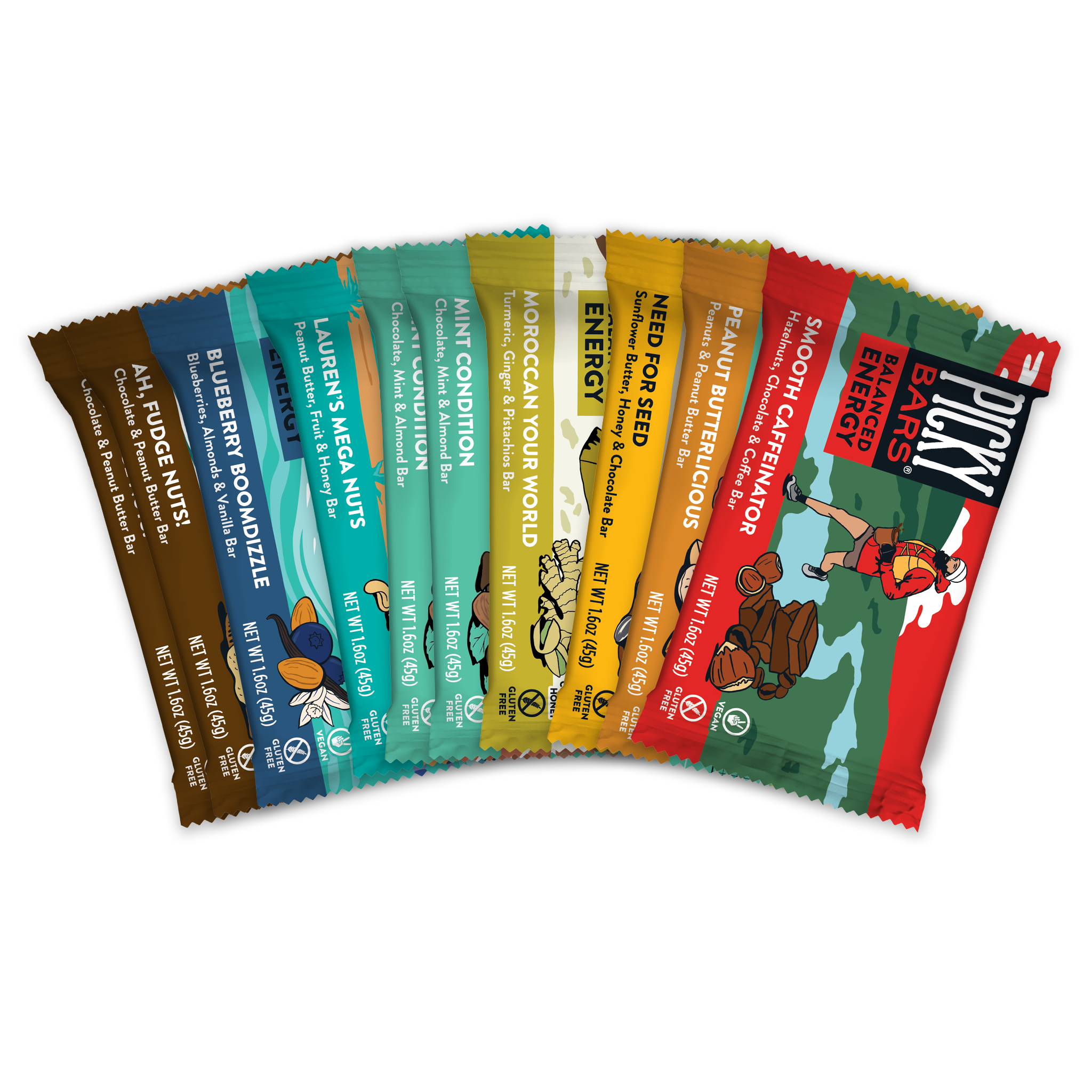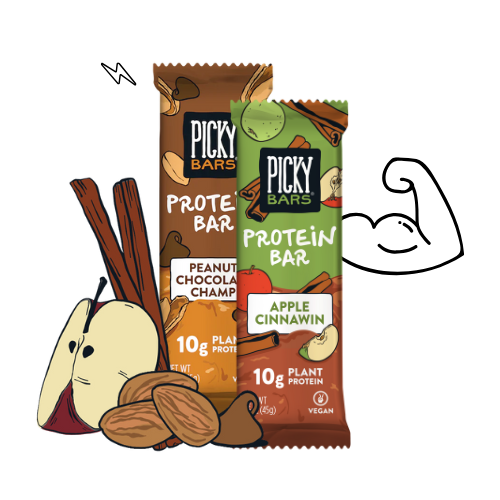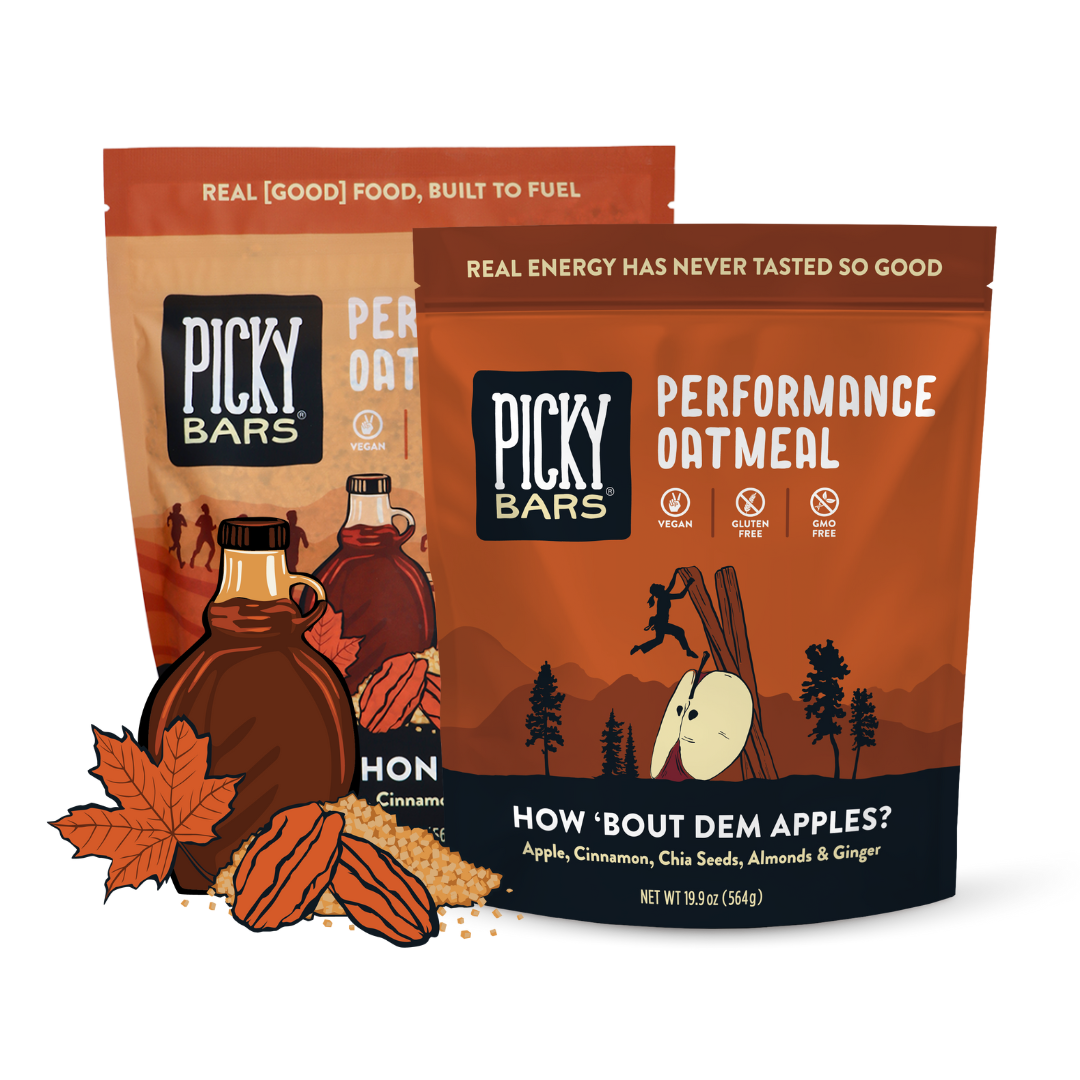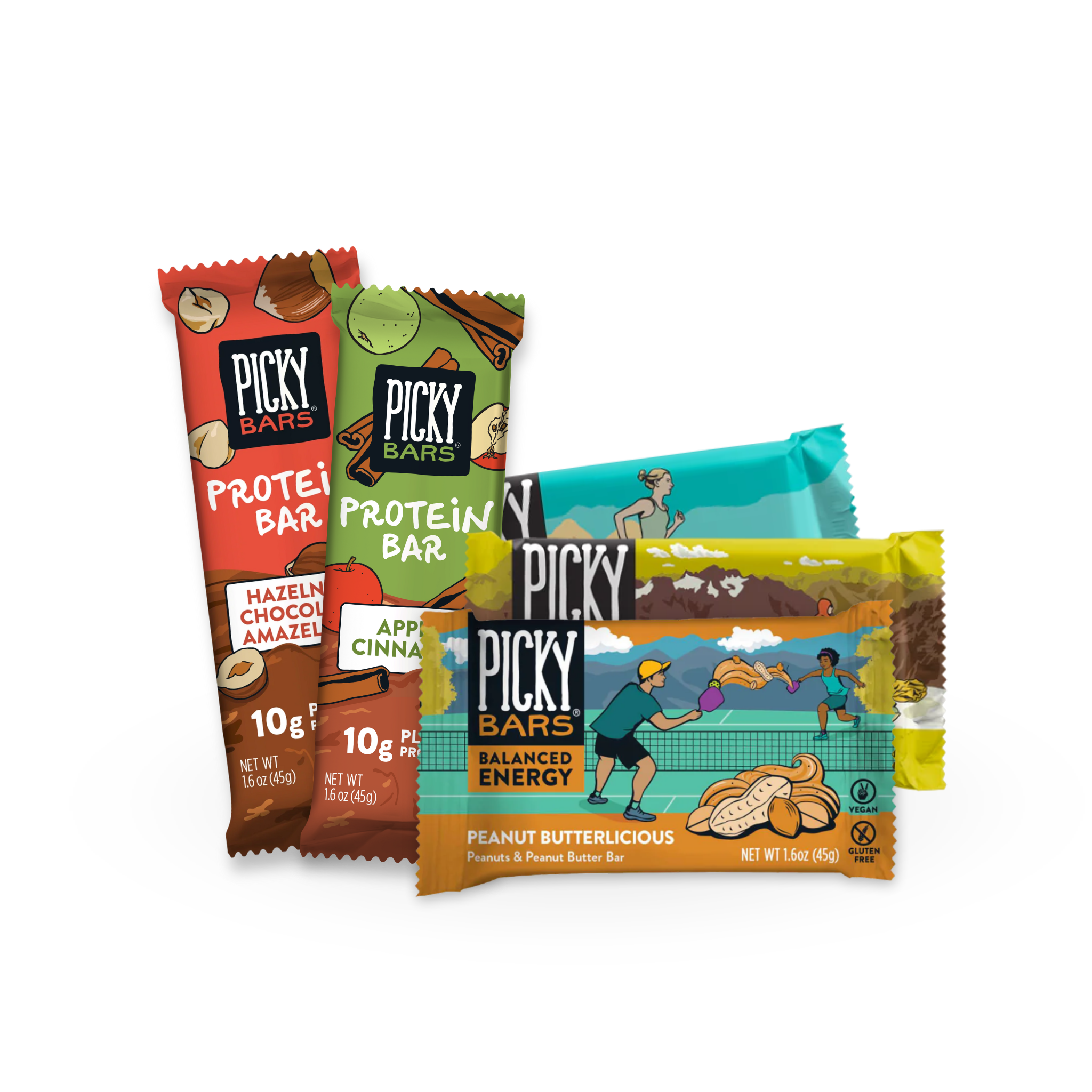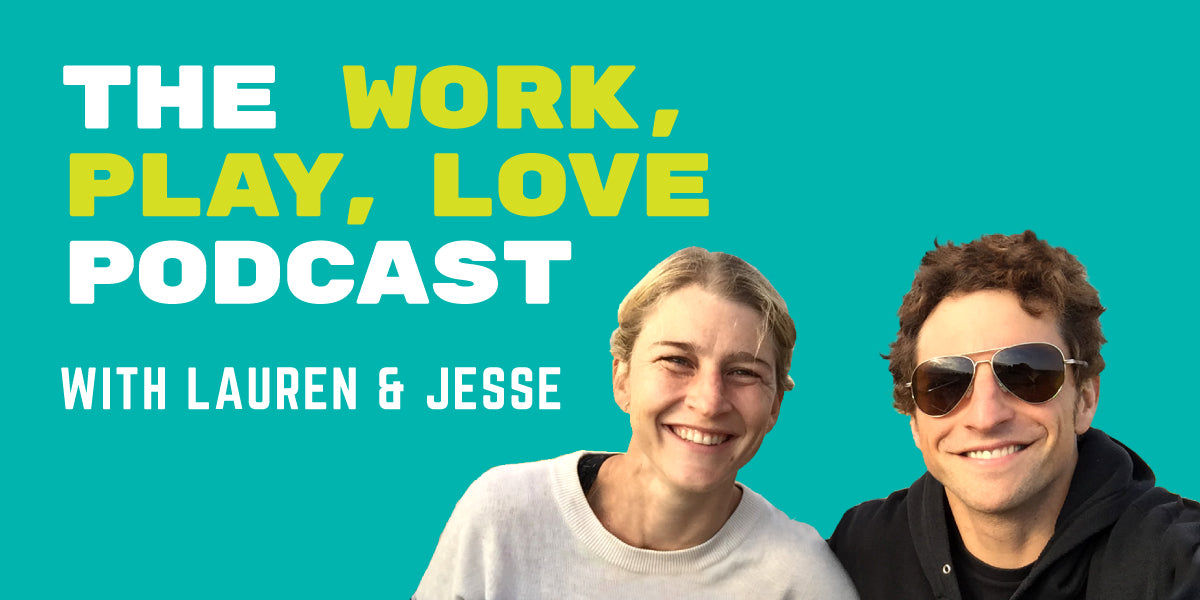

· By Sarah Conklin
31: Weight Loss, Distance Training, Going Pro
Juggling work-life balance can be a real three-ring circus, which Lauren & Jesse know first hand. Led by listener questions, this new podcast is all about sports, biz, and family. [ASK YOUR QUESTION]
31: Weight Loss, Training for Distance, Family Play, Going Pro in Triathlon
iTunes | Spotify | Google Play | Stitcher
Description:
Jesse and Lauren are fresh off of a weekend full of play. Both recount their experiences of racing the Great Nordeen Nordic race. Jesse talks about his unfortunate crash during the race (yes there's a video), and how his triathlon training came in handy. Lauren shares why her inner monologue during the race was “I hate this” on repeat. But now that they’re back in the proverbial saddle, they’re set to answer your questions about sport, family and business. Today Lauren and Jesse discuss weight loss, how to train for distance when you’re a fast-twich athlete, what the Flomases do to play as a family and as a couple, and whether or not to go pro as a triathlete.
1:24 - What’s going on?
If you want to hear Jesse & Lauren recount the Great Nordeen Saga of ’19, you’re gonna want to dial in to what’s goin’ on. You’ll hear all about Jesse’s epic crash and Lauren’s experience achieving 10th overall.
13:22 – Follow-ups
What lessons from sport have you needed to Unlearn in other areas of your life?
I’m a trail runner and my partner is a triathlete and trail runner as well. These aren’t exactly team sports. And over the years it’s clear that putting so much time and effort into solo training can kind of isolate you from the rest of the world. I’ve had to learn that being fit alone does not make you a good or interesting person, and you need proactive friends, a good partner, or life experiences to keep you in check.
In episode 29, Lauren mentioned that signing up for an athletic journey means signing up for big feelings both good and bad. Lately, I’ve been concerned about niggling pains and how they might mean time away from training. Lauren’s comments put my struggle in a broader context, and was exactly what I needed to hear.
In episode 22, a listener wrote in about wanting to do something different with their career, but didn’t know how to take the first steps. Jesse and Lauren recommended that the listener follow their curiosity, and don’t overthink it. Well guess what. They took those first small steps a few months ago, and they’ve been really enjoying life. It’s all about those small wins!
17:26 – Warm-up laps
Any updates on Wilder dates?
L: I haven’t sent out any dates yet, but they are coming! I do have two dates set: June 21-24 in Oregon, and September 13-15 in Oregon. Check out Wilderrunning.com to sign up for updates.
J: Noice!
How would you adapt your 5K race strategy for a hilly course?
L: Hilly courses are tough. You aren’t going to make a personal best on a hilly course. But I almost treat it like a video game – I read the terrain, I check on what’s ahead and I adjust my effort based on what I see coming up.
J: I try to keep my heart rate consistent on hilly courses. So that means that I take it easier on inclines, but increase my speed as I start to crest a hill. Then I work more on the downhills rather than just thumping along. So I’d say take it easier on the uphills, and work a little more on the downhills.
How do you find tracks to practice on that are open to the public?
L: I look for public schools in the area and check the gate to see if they’re open after school hours. In a more official capacity, I’ll go to the school’s website or the facility’s website and contact the athletic director and ask when the facility is open to the public.
As pro athletes with kids, how do you stay healthy during cold season?
L: This was a lot more of a concern when we had our first child, because it would be devastating to a race if one of us got sick. But over time I’ve just come to accept that I’m going to get sick. It’s one of those things that comes with being a parent. When I do, I assess whether I should plow through a training or rest. Other things we do? We get flu shots as a family at the beginning of the season. And we avoid public indoor play areas or other germy spots if we have something important coming up. The silver lining is that I don’t always get what the kids get—sometimes I’m already immune.
J: I’ve just reduced my expectations—I understand that I’m going to get sick sometimes. But I try to get a lot of rest as soon as I realize I’m sick, and I also take Cold-Eeze.
24:38 – The Meat and Potatoes (the main event!)
I have two races coming up and I’d like to trim down to put me in a better spot to achieve a PR (and to look and feel better, too). Any tips for losing weight and keeping it off? And any tips on how to balance your eating when your family eats completely differently than you do?
L: This is a really tough question. I am really hesitant to set rules or rewards around food or weight loss. I think it’s more important to have a healthy relationship with food than to put that at risk to achieve a short-term weight-loss goal. Especially if it’s not recommended by a doctor. I will say that I think it’s a good idea to start by paying attention. Pay attention to your hunger cues, your full cues, your cravings. And then also starting looking out for cultural cues—like “it’s 5 o’clock, it’s time for a beer!”—and see where those cultural cues contradict or influence your personal cues. I think awareness is the foundation. I would also recommend reading Health At Every Size principles.
Resources:
- Nancy Clark’s Sports Nuitrition Guidebook
- https://www.sizediversityandhealth.org/content.asp?id=76
- https://haescommunity.com
- https://lindabacon.org/health-at-every-size-book/
J: I agree with a lot of what Lauren said. I’ve had trouble in the past correlating weight with running performance and it didn’t serve me—it’s also something I’ve seen in other athletes. Today, I try not to focus on weight as validation for fitness. Instead I try to focus on the results of my training to let me know how fit I am. I try to have healthy eating habits and healthy training habits and my body goes to the weight that it should be. Another philosophy we follow is that we avoid extremes. Nothing overly restrictive for us—everything in moderation. Whatever you can do that’s healthy and balanced and consistent that you can build a habit around—that’s what you want to be doing.
I just got my 23 and Me results back and it turns out I have a gene variant that is common in elite athletes. I started my athletic career as a sprinter and ran middle distance in college. I love 200s and track workouts, but my heart is in longer distance races. How would you recommend I train for longer distance races as a fast-twitch athlete?
J: Do not underestimate the value of cross training, and particularly the value of cross training with low-impact activities. Don’t be afraid to jump on a bike and raise your familiarity with longer endurance events. You can ride a bike and swim without hurting yourself for the most part.
L: I’ve done a lot of reading about these genetic tests, and I think it’s important to recognize that they don’t have all the answers. They certainly can be helpful, but it’s important to remember, too: the best long-distance runners in the world are extremely fast. You have to have excellent finishing speed. From everything I know about muscle development, you can develop fast and slow-twitch muscles no matter who you are. I think it’s very likely that there’s a ton of upside in your slow-twitch, and it’s exciting that you have those fast-twitch capabilities to fall back on and finish strong.
My husband works a demanding job and we have three kids who are involved in sports. Finding time to play as a family can be hard. What do you do as a family to play? And more importantly, what do you do as a married couple to make sure you find that important time away from the kids?
L: For me, play is sport. And that’s one of the ways we play. What we currently try to do is to get a sitter twice a week. One of those times is a date night that we take with another couple that we really like. The other is usually a weekend day, and we do an outdoor or sport-related activity together.
J: We really try to schedule time every single week for the two of us. As a family, play time is usually outdoors at a park. Because our kids are 5 and 1 that works best – each kid can be active in the same spot. This is also something we try to be consistent about, with at least a couple hours for this each weekend. I can imagine this will be a challenge as the kids get older.
I am wondering about pursuing a professional career in triathlon, but I started late in my training—I’m 26. I’m afraid to go all-in because of the cost and am wondering if it’s realistic. Is it possible to go pro at my age, or is it better for me to approach the sport more as an age grouper?
J: I get this question a lot, and one of the cool things about professional running or professional triathletes is that there’s really no standard. That’s also one of the tough things about these sports. You do need to get a professional license for triathlon, but the threshold to getting that license is pretty low. Meeting that threshold will allow you to race in the same waves as the pros. If you want to be making your living as a professional triathlete with sponsorships, etc., that’s a lot more difficult. If you don’t have a legitimate swimming background in particular, it’s really, really hard to compete with young athletes who are coming into the sport and who have been racing triathlons their entire careers. If you want to be pro and race in the pro field, make it a goal. If you want to enjoy the sport and be competitive in your racing, I would stay amateur.
L: You can always go pro and go back. So you can try to qualify as a pro – race with the pros. See what it’s like to start and finish with these guys. And then if you decide that you want to be racing head-to-head with more people, you can step back.
As always, submit your work/play/love question at pickybars.com/workplaylove - Thanks for listening!

[ PAST EPISODES + DESCRIPTIONS ]

